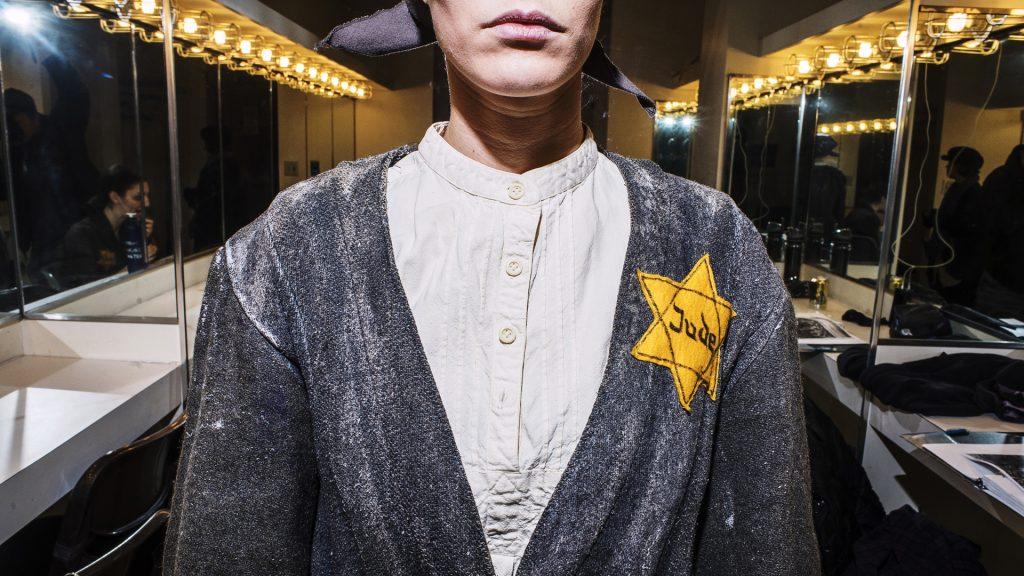By Sarah Stortz
The University of Iowa School of Social Work is shedding light on the issue of anti-Semitism by inviting someone who has experienced it firsthand.
Rabbi Henry Karp, who formerly worked at Temple Emanuel in Davenport, visited the UI on Wednesday to present a lecture focused on anti-Semitism and hate speech that occurs in Iowa.
The discussion is a part of the Social Justice Teach-In Brown Bag Lunch Series, a series of lectures designed to strengthen activism and skill-building on campus.
Karp lived in Davenport during the ’80s, and he reported his family was subjected to anti-Semitism by an active group of neo-Nazis.
“I know this because I got anonymous hate letters from them all the time, telling me that they’re going to kill me, kill my wife, and they’re going to kill my children,” Karp said. “… Then they would go do things like dismantle my mailbox and lay out the component parts in front of my driveway, just to let me know.”
Karp reported an incident in the ’90s in which the same group of neo-Nazis would burn crosses in the western part of Davenport, which has a high population of minorities.
A few years later, Karp helped arrange a première of the film Schindler’s List, with a committee consisting of other Jewish individuals.
However, the neo-Nazi group issued a bomb threat to the movie theater if it showcased the film. The incident led Karp to take a stance against the group.
“Out of that, the community rose up,” Karp said. “A group of faith leaders put together an event called ‘Say No to Hate’ rally, and it was held in the Sacred Heart Cathedral.”
Karp additionally brought up the poster distribution from the National Alliance that occurred in Iowa City just a few weeks ago, containing the phrase “Love Your Race.”
Executive Director of Hillel David Weltman said that while he believes anti-Semitism isn’t necessarily rising in the community, more people are vocalizing their anti-Semitic views.
“The thing I’ve personally noticed about anti-Semitism is it never goes away,” Weltman said. “Sometimes, people feel more empowered in certain environments than in other environments.”
Karp noted how Iowa has a relatively low level of anti-Semitism compared with other states in the nation.
“By and large, Iowa is not a hotbed of bigotry,” Karp said. “… But that doesn’t mean that [bigots] don’t exist. Unfortunately, they do exist, and they have existed on and off at least for quite some time.”
Despite this, Weltman said he views Iowa City as an accepting community for Jewish individuals.
“The community at large is very open to people of other faiths and religions outside of Christianity, which is the norm in Iowa City,” Weltman said. “People engage, and people ask questions to learn about those different faiths and different traditions, and I think that’s a nice thing to have around here.”
Social Work School development coordinator Jefri Palermo, the organizer of the event, said she wanted students to become more equipped in fighting against oppression.
“As social workers, it’s in our code of ethics that you stand up against all forms of prejudice and discrimination,” Palermo said. “We need to provide our students with the tools to advocate and fight against all forms of oppression.”
Weltman sees benefits from Iowa City residents attending these types of public discussions.
“They can then be empowered to stop it, or at least to not stay silent, which is the worst thing you can possibly do in those situations,” Weltman said.



